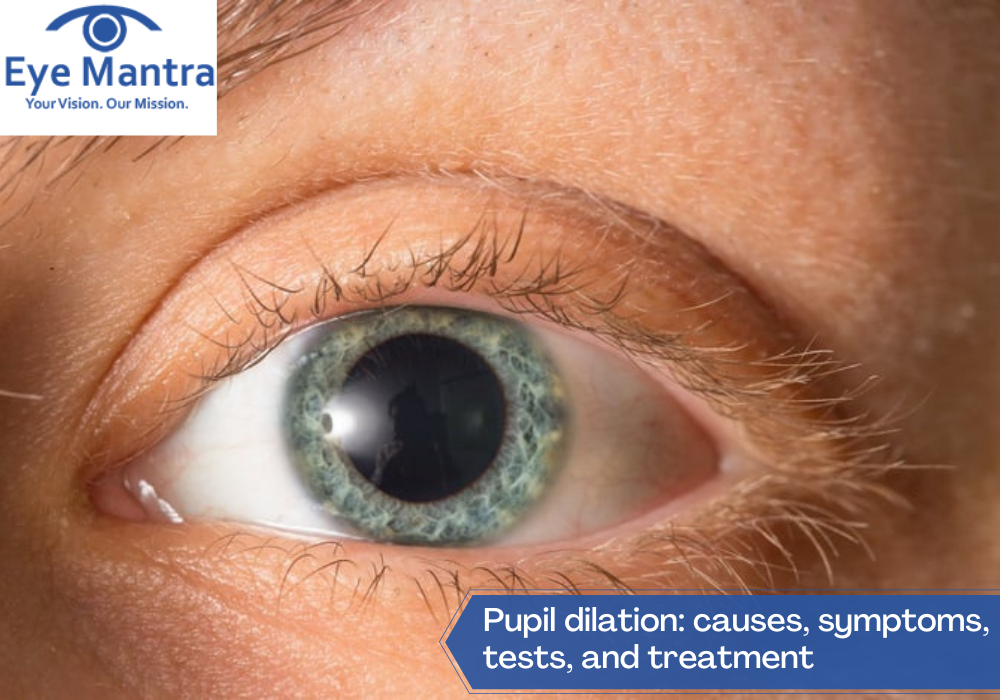Contents
What is Pupil Dilation?
The pupil is the round part of our eye that exists in the centre having a different eye colour but the generally black eye colour. The pupil is responsible for allowing the light to enter our eyes. Generally, pupils are the opening that is controlled by the iris (the coloured part of the eye). The iris is placed inside the pupil. Pupil in the eye always reacts to the light. In bright light, our pupil constricts or gets smaller than its original size to restrict a large amount of light from entering the eye. While in dim light, our pupil reacts by dilating or getting larger than its original size to allow more amount of light to enter the eye, so that we can properly see the objects and people hidden in the darkroom.
If someone is suffering from the problem of pupil dilation, then his/her pupil will not react to the light. It will remain dilated in both cases, i.e. in presence of bright light as well as dim light. A dilated pupil remains responsive to any amount of light. The muscles in the iris are responsible for controlling the size of the pupil. In several cases, our pupils can dilate without any change in the light. It is also known as “mydriasis” in medical terms.
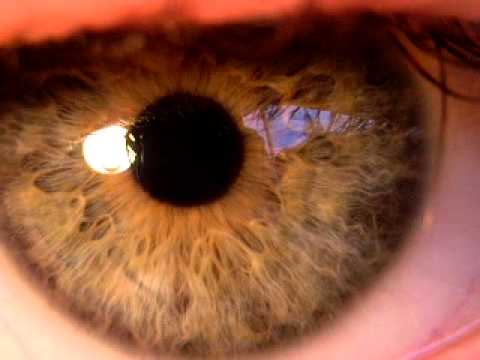
Common Causes Of Pupil Dilation
A wide variety of factors can cause dilated pupils. Some of them include:
Certain medications
Some of the medications either prescribed or non-prescribed can cause the problem of the dilated pupil or affect its overall ability to react to light. These may include:
- Decongestants
- Antihistamines
- Anti-nausea medicines
- Tricyclic antidepressants
- Motion sickness medicines
- Medications for Parkinson’s disease
- Anti-nausea medicines
- Anti-seizure drugs
- Botulinum toxin containing medications including Botox
- Atropine, which is used for controlling Myopia and other medical purposes
Our every organ is connected. An injury on the head, stroke, or brain tumour can affect the ability of our pupils to react to light. It can result in causing pupil dilation and may affect one or both eyes.
Eye Injury
An eye surgery is associated with causing serious damage to our iris and make our pupils appear dilated or irregular in shape. Various eye surgeries such as corneal transplants and cataract surgery can lead to a problem where our iris can get damaged and cause pupil dilation.
Drug Consumption
According to studies, alcohol and various drugs including marijuana are responsible for reducing the eye’s ability to react to the bright light source and adapt itself according to the change in light. Right after drug ingestion, the effect can last for around two hours. Although, these substances might not cause pupil dilation. Various other drugs can result in making our pupils appear dilated and decrease our eyes’ ability to react to the light. These may include LSD, Amphetamines, MDMA (Ecstasy), and Cocaine.
Benign episodic unilateral mydriasis
During this condition, a person may experience a series of sudden pupil dilation, along with blurred vision, headache, and eye pain. Women having migraines are at a higher risk of developing benign episodic unilateral mydriasis. According to the studies, the average duration of this condition can be around 12 hours. In addition to this, the problem can occur around two to three times per month. This condition is harmless and can get resolved after some time, making our pupil return to the original size and proper function without any medication or treatment.
Adie’s pupil
It is a rare neurological disorder, which can also be termed as Adie’s tonic pupil or tonic pupil. It generally involves making one of our pupils appear larger than the other and affects the ability of our pupils to react to the light. The cause of Adie’s tonic pupil is still unknown. However, according to the studies, it might be a result of surgery, trauma, infection, or poor blood circulation.
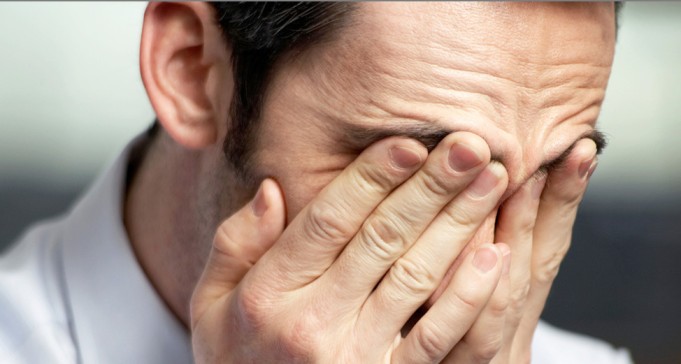
Symptoms Of Pupil Dilation
A dilated pupil can be a cause of any serious injury or occur out of other symptoms. In case of severe injury, the pupil may appear in unequal size. Some of the common symptoms include fixed, dilated, or unequal-sized pupils. Various symptoms depend on the causes including drug use and poisoning. These symptoms can also be life-threatening. These may include:
- Loss of consciousness or confusion
- Slurred speech
- Dry mouth
- Rapid heart rate
- Vomiting
- Passing out or unresponsiveness
- Sudden behaviour change
- Loss of bladder
- Loss of sensation
- Seizure
- Inability to move
- Extreme headache
- Loss of vision
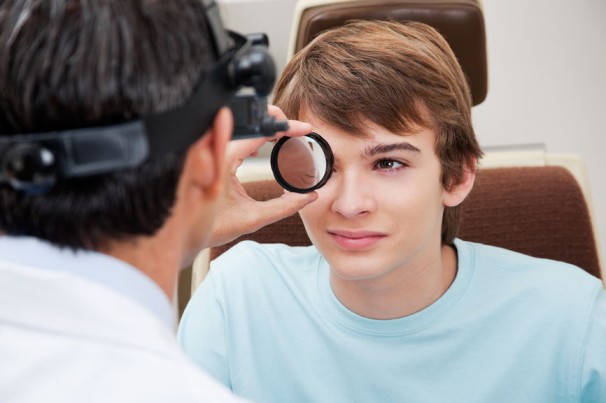
Pupil Dilation Test
Eye examination for dilated pupil involves purposely dilation or contracting our pupil so that our doctor can perform the test of the optic nerve and retina’s health. This eye examination is carried out by an ophthalmologist. This test is useful in identifying and preventing critical eye conditions that may result in poor eye conditions or loss of vision.
To begin with the examination, the eye doctor will first test your vision and determine the measurement for an eyeglass prescription. Our doctor will also perform a test where he will check how your pupil responds to the light before dilation. It will help the doctor to identify if our vision pathways are functioning properly or not. The doctor performs the gonioscopy examination as well to check our eyes’ drainage angle between the iris using a special mirrored lens. In case, the angle of the eye drainage system is open, the doctor will be able to see every portion. However, if the angle is narrow, the doctor will be able to see only some portions of the drainage angle. Moreover, the acute angle-closure, glaucoma might not be visible to the doctor.
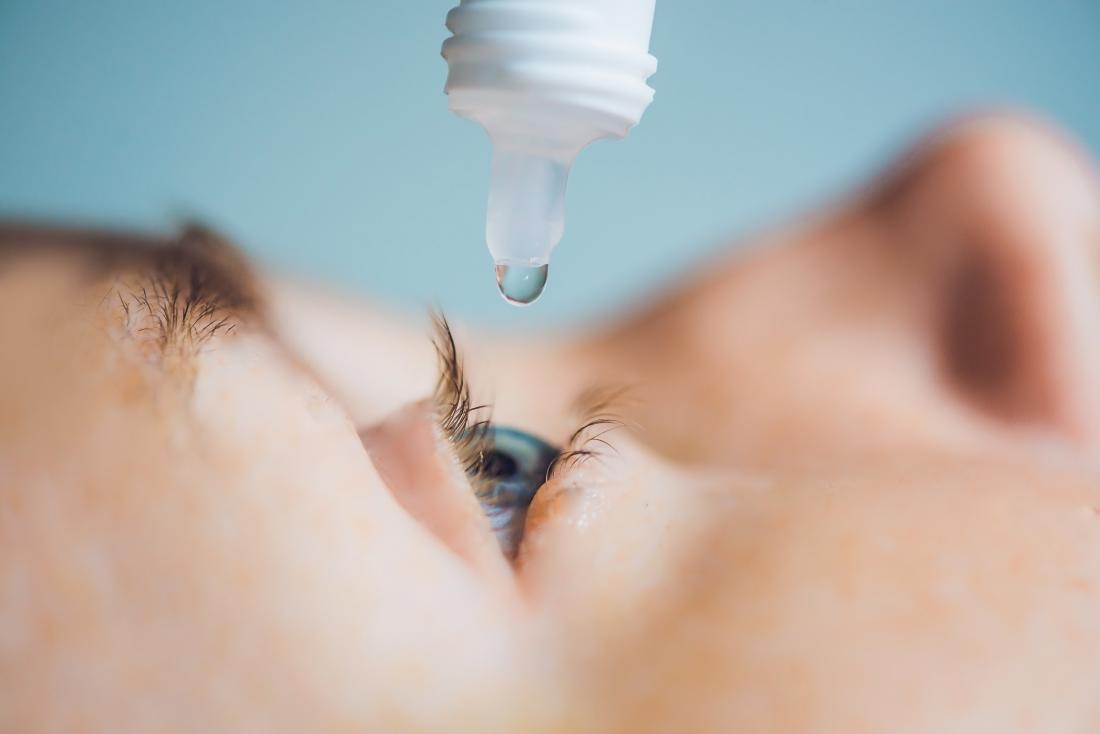
Pupil Dilation Treatment
If someone is suffering from dilated pupil due to a certain medication, then it might not last long once the effect wears off. Drugs are a major cause of dilated pupils. Its prevention in the future might prove useful in getting rid of it completely. Different types of drugs can also help us prevent dilation of the pupil and do not affect the eyes in any way. Consult a doctor and get prescribed medication for pupil dilation.
Eyes become more sensitive to light while they are dilated. A person should avoid exposure to bright lights to prevent the situation from getting worse. Always ensure to wear sunglasses while stepping out in the sunlight. Pupil dilation is also associated with affecting our vision. Consult your doctor in case you need to bring some lifestyle changes until the situation gets better.
Pupil dilation can turn worse and result in the loss of vision if not treated on time.
The best way to treat your eyes is to visit your eye care professional and get your eyes checked regularly. He will be able to assess the best method of treatment for your eye ailment. Visit our website Eyemantra. To book an appointment call +91-8851044355. Or mail us at [email protected]. Our other services include Retina Surgery, Specs Removal, Cataract Surgery, and many more.

